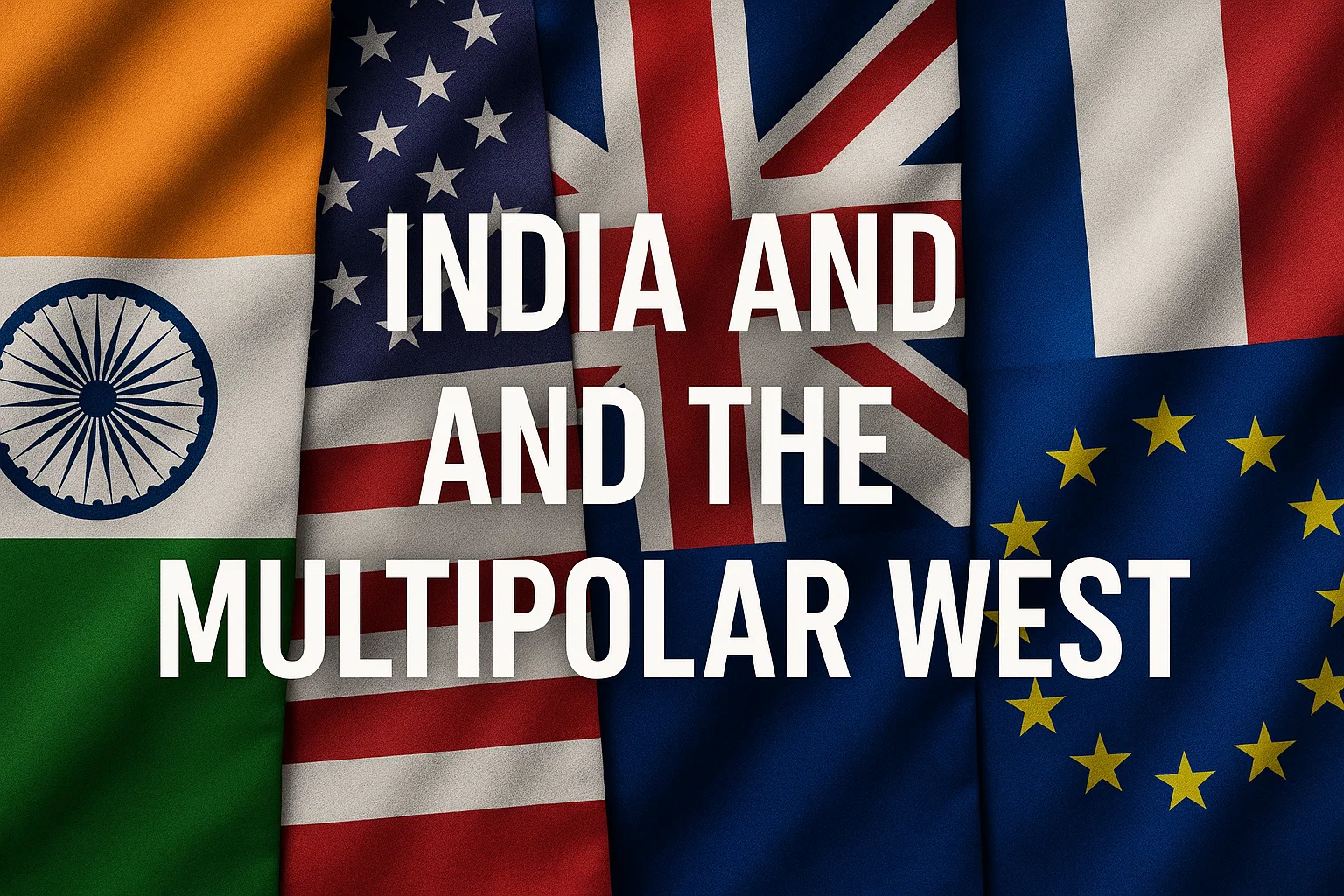Font size:
Print
GPS Interference: A Growing Threat to Global Transportation
GPS interference threatening flights, ships: What is happening, possible solutions
Context: In recent years, global navigation systems have come under threat due to increasing incidents of GPS interference, including jamming and spoofing. These disruptions pose serious risks to aviation, maritime, and road transportation, especially in geopolitically sensitive regions.
What is GPS Interference and Why is it a Concern?
- GPS interference involves deliberate or unintentional disruption of Global Positioning System (GPS) signals, critical for navigation in aviation, maritime, and land transport.
- Jamming (blocking signals) and spoofing (transmitting false signals) can mislead navigation systems, posing risks to safety and operational efficiency.
- Increased incidents in regions like the Middle East, Eastern Europe, and the Baltic Sea highlight its growing threat to global transportation.
How Does GPS Interference Affect Aviation?
- Aircraft rely on GPS for precise navigation, especially during takeoff, landing, and en-route phases.
- Jamming can cause navigation errors, forcing pilots to rely on less accurate backup systems like inertial navigation.
- Spoofing may mislead aircraft into deviating from planned routes, risking collisions or entry into restricted airspace.
- Recent incidents, such as Finnair flights diverted from Russian borders, show how interference disrupts commercial aviation.
What Impact Does it Have on Maritime Navigation?
- Ships use GPS for route planning, collision avoidance, and docking in busy ports.
- Interference can lead to inaccurate positioning, increasing the risk of groundings, collisions, or stranding in hazardous waters.
- Spoofing incidents near conflict zones have caused ships to misreport their locations, complicating maritime security and rescue operations.
Who is Behind GPS Interference?
- State actors, particularly in geopolitical hotspots, are often linked to deliberate jamming and spoofing to disrupt adversaries’ navigation.
- Non-state actors, including hackers or criminals, may use portable jamming devices for localised disruptions.
- Unintentional interference can stem from faulty equipment or solar activity, though deliberate acts are more common in conflict areas.
Where Are the Major Hotspots for GPS Interference?
- Middle East: Increased activity near conflict zones like Syria and Iran.
- Eastern Europe: Frequent disruptions near Ukraine and Russian borders amid ongoing conflicts.
- Baltic Sea: Rising incidents linked to geopolitical tensions, affecting both air and sea traffic.
- Black Sea and Mediterranean: Reports of spoofing impacting maritime navigation.
What Technologies Are Vulnerable to Interference?
- GPS-dependent systems like Automatic Dependent Surveillance-Broadcast (ADS-B) in aviation and Automatic Identification System (AIS) in maritime are primary targets.
- Consumer devices, including smartphones and vehicle navigation systems, are also at risk, though less critical than transport infrastructure.
- Older navigation systems lacking anti-jamming features are particularly susceptible.
How Are Industries and Governments Responding?
- Aviation authorities are enhancing backup systems like ground-based radar and inertial navigation to reduce reliance on GPS.
- Maritime operators are adopting alternative navigation methods, such as celestial navigation or enhanced radar systems.
- Governments are investing in anti-jamming technologies, like encrypted GPS signals (e.g., Galileo’s PRS) and regional systems like India’s NavIC.
- International cooperation, including NATO and ICAO initiatives, aims to standardise countermeasures and monitor interference.
What Are the Future Implications of GPS Interference?
- Persistent interference could undermine trust in GPS, pushing industries to diversify navigation technologies.
- Escalating geopolitical tensions may increase state-sponsored jamming, necessitating global regulatory frameworks.
- Advancements in quantum navigation and AI-based systems may offer long-term solutions to mitigate interference risks.


